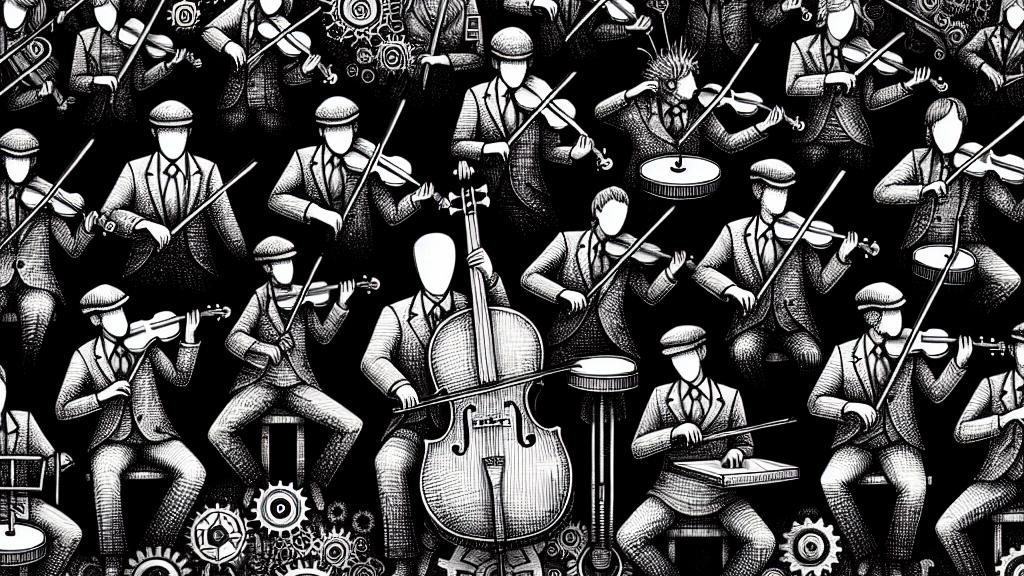Is Calling Humans Resources the New Age Slavery?
Overview
- Delves into the ethical dilemmas of labeling workers as 'resources'.
- Unpacks the intricate relationship between human resource management and the fabric of organizational culture.
- Analyzes how this label influences employee engagement and overall productivity.

The Concept of 'Resources' in Management
In the realm of management, the term 'resources' has become a commonplace label for workers, but what does this really mean for the individuals behind the roles? It riskily reduces people to mere numbers or cogs, completely overlooking the vibrant tapestry of their human experiences. Picture a skilled craftsman, each unique in their talent; if we were to refer to them simply as 'resources,' we would miss out on the artistry they bring to their craft. Like an orchestra that thrives on the individual notes produced by each musician, organizations flourish when they appreciate the distinct skills and perspectives of their employees. Thus, it’s vital for leaders to reevaluate their language and see employees as essential contributors to the organization’s core melody, rather than mere line items on a budget.
Historical Perspectives and Misinterpretations
Historically, human resource management (HRM) emerged from a profound need to protect worker dignity amidst the harsh realities of labor exploitation. However, in today’s corporate world, this noble vision can easily become distorted. Consider a company that prioritizes metrics over morale; by treating employees as expendable 'assets', it generates a culture of fear rather than empowerment. It’s akin to a thriving garden where each plant is vital for the ecosystem; neglecting this diversity can lead to a withered landscape. When organizations forget the core principles of HRM, they inadvertently cultivate a climate of alienation. Recognizing this drift is the first step towards revitalizing a work culture that truly values human dignity and creativity.
Consequences of Mislabeling Humans as Resources
The consequences of referring to people as mere resources are far-reaching and detrimental. When individuals sense they are undervalued, it’s like a candle flickering in a storm—easily extinguished. This disconnection leads to disengagement, creativity wanes, and turnover rates escalate like a rising tide. On the flip side, when organizations embrace their employees as vital allies, they foster an atmosphere that celebrates collaboration and innovation. Imagine walking into a lively marketplace where each vendor thrives not just for themselves, but for the community’s success as a whole; that’s the benefit of valuing human contributions. By nurturing a culture that sees employees as integral to the mission, businesses can ignite passion and drive, transforming the workplace into a vibrant ecosystem that nurtures growth for all.

Loading...